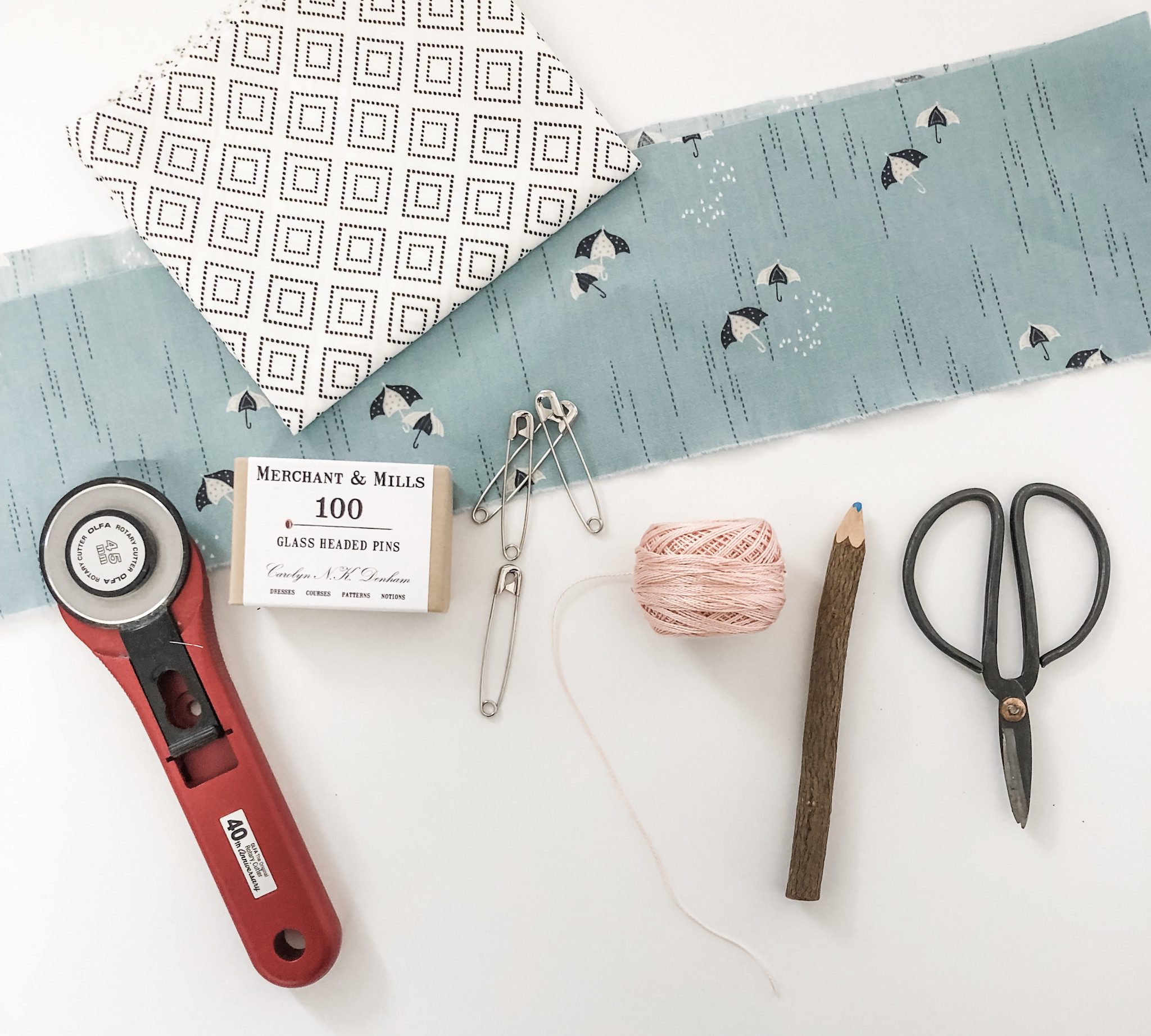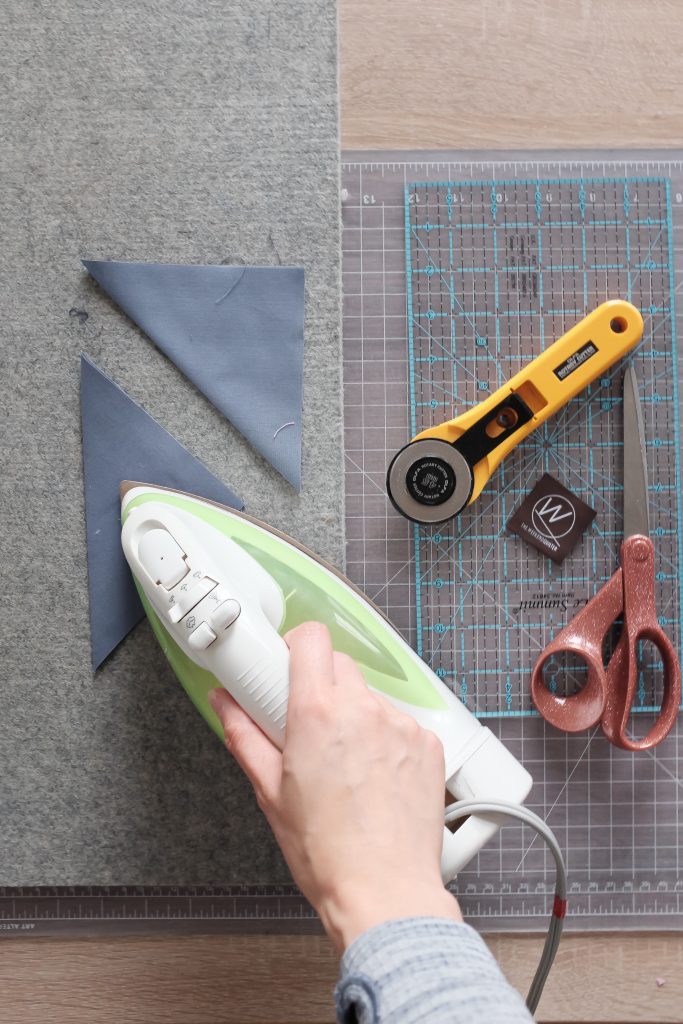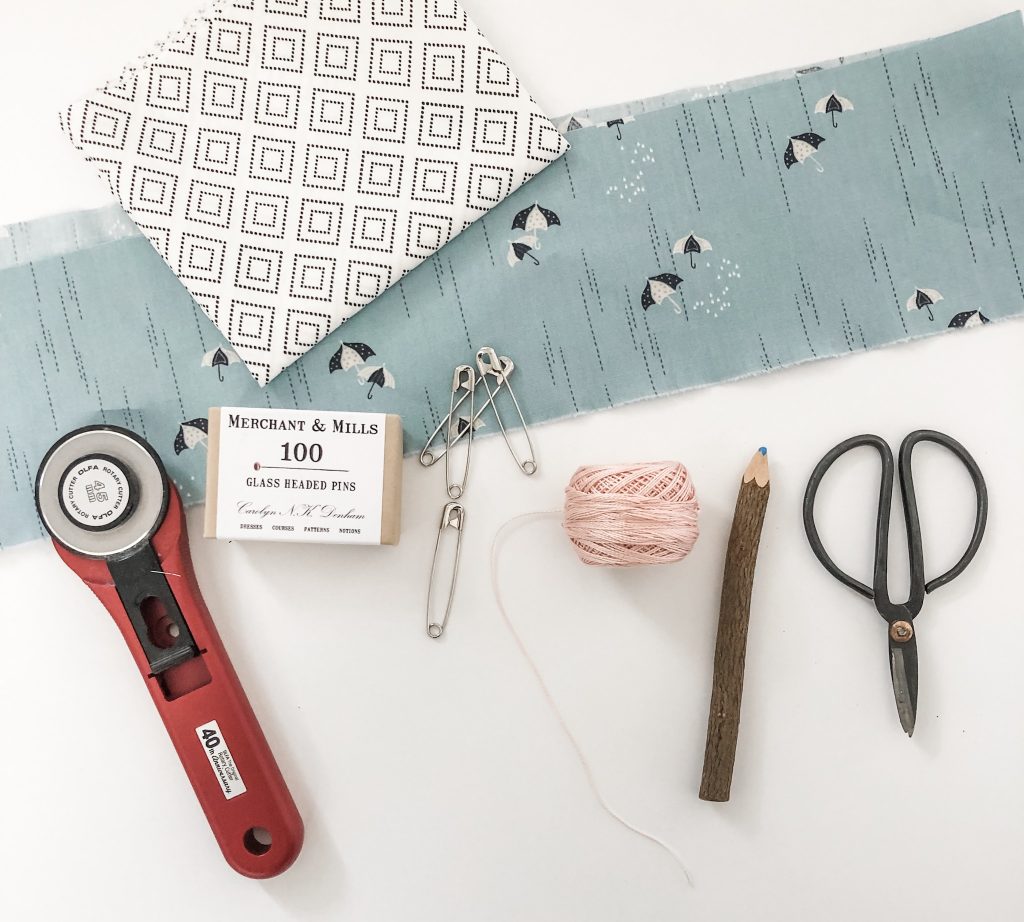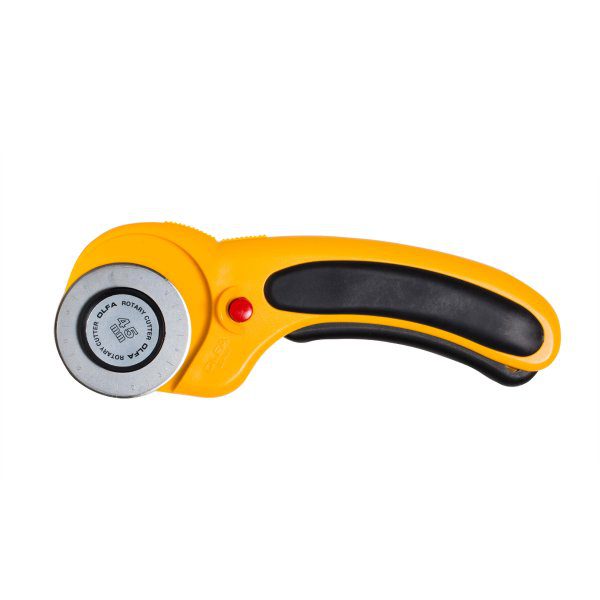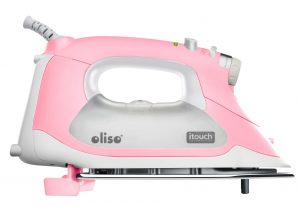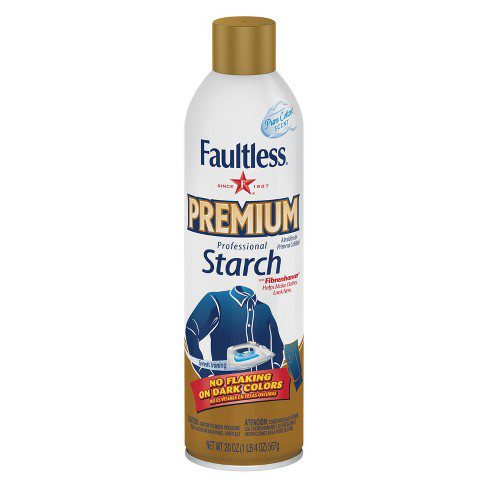Must-Have Quilting Supplies
A Quick and Easy Guide: Must-Have Quilting Supplies
THE RIGHT SUPPLIES
Learn what the must-have quilting supplies are that will improve your quilting accuracy. My quilting improved SO MUCH when a friend shared with me some of her must-have quilting supplies. I’m going to share those same, helpful tips with you!
Get a free download with all the supplies HERE.
Want to purchase something from the list? You can find them HERE.
A SEWING MACHINE
First things first, you’re going to need a sewing machine. Unless you are hand piecing, which if that’s the case, you are Wonder Woman! But for the rest of us, a good sewing machine is our best friend. I started quilting with this Husqvarna machine, which I still own and use when I service my new machine. I did decide to get a Bernina when I realized quilting and sewing was something I was going to be doing a lot of. Here it the machine I have now: MY BERNINA.
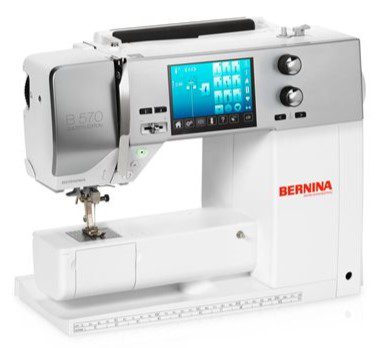
I will shortly be writing a blog post with a list of the different sewing machines for beginning sewers – advanced sewers, so keep your eyes peeled for that!
THREAD

You need a good quality thread to sew with. I have used both 100% cotton and polyester, and both work great. I find that the cotton thread, to me, feels a bit smoother and nicer, so I stick with that. But it’s just a matter of preference. I DO recommend starting with WHITE thread. It’s forgiving (in that it isn’t too bold and doesn’t stand out) and a great universal thread. Find my favorite thread HERE.
A GOOD RULER
If you just have ONE ruler, get this Creative Grids 6 ½” x 24 ½” ruler. This brand has built-in grippy stickers on the reverse to hold your fabric in place while cutting. It’s also big enough to work with large fabric cuts, but you can use it for smaller fabric pieces as well. It’s also clear, so you can see through the ruler to make sure your fabric is perfectly lined up before you cut it. If you decide you want more rulers after getting this staple ruler, watch my video on MUST-HAVE RULERS.
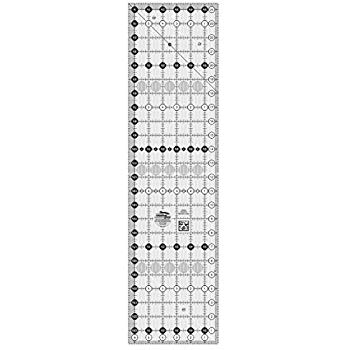
ROTARY CUTTER
One of the best inventions for quilters was the rotary cutter. No more having to cut with scissors. You can use your ruler and a rotary cutter and have a nice, long, clean line on your fabric. To start with, and for most quilting, a 45mm size blade is perfect. I also recommend using the Olfa Brand cutter. They are the go-to brand of rotary cutters, and I have found them to be the best quality.
CUTTING MAT
When using a rotary cutter, you do not want to cut on a regular surface. You will damage both the surface you are cutting on AND the blade of your rotary cutter. That’s why you need a self-healing cutting mat. These mats are made of a very slightly rubber material that allows your fabric to but cut, but also lets your blade sink into the mat ever so slightly. They last a LONG time. And to begin, I would get a mat no smaller than 18″ x 24″. But if you want a larger size mat, you won’t regret it.
l and will make your fabric cutting more accurate. I recommend, if you are getting just ONE ruler, to go with a 6″ x 24″ ruler. It can do all the cutting you need.
PINS
When you sew your fabric pieces together after cutting them, it’s REALLY helpful, dare I say mandatory, to use pins to hold your fabric in place. Without using pins, your fabric moves while you sew, and yor pieces will not line up. You don’t need anything fancy. Here are some simple, easy to find Dritz brand Quilter’s pins.
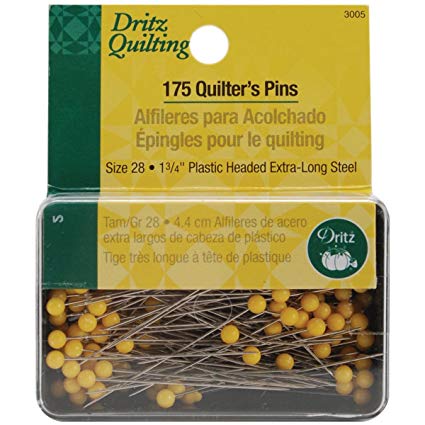
AN IRON
STARCH
I hope this helps you get the materials you need to start quilting! And if you haven’t guessed what the secret tips where that made my quilting improve: it was the starch and a good iron.
Be sure to get my free download with all these materials listed for you by clicking HERE.

the latest
March 5, 2025
Saying Yes to Creativity: Christina Lee on Fabric Design, QuiltCon, and Building a Creative Career In this episode, I chat with Christina Lee of Sweet Potato Quilts, a talented quilter, musician, and alum of my Quilt Pattern Writing Course. Christina recently stepped into the world of fabric design with Art Gallery Fabrics, but her journey […]
tune into the
Craft to Career
Podcast
Each week get insights on how to turn your craft into a successful career. With both guest speakers and tips from myself, you get valuable, free education on the Craft to Career podcast!
